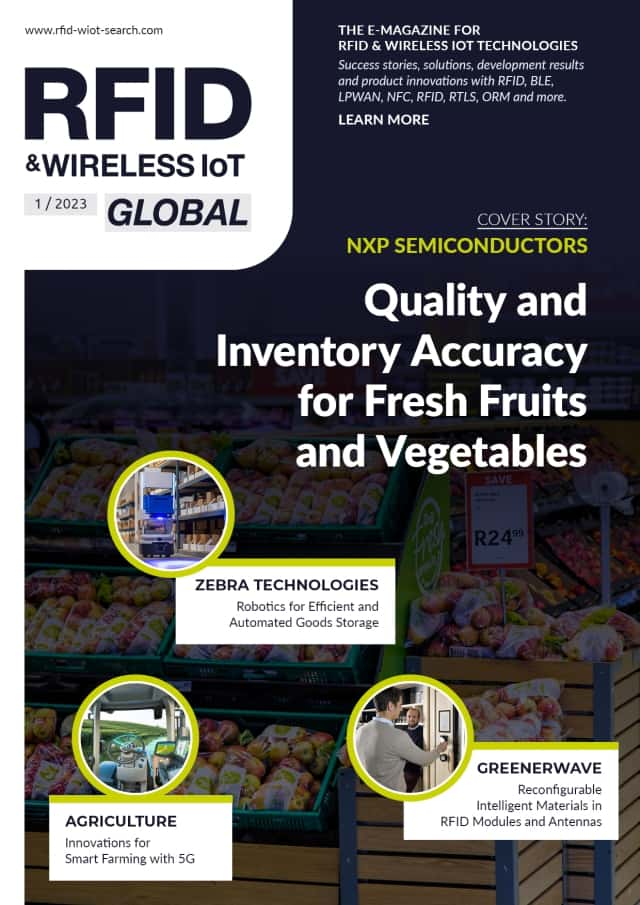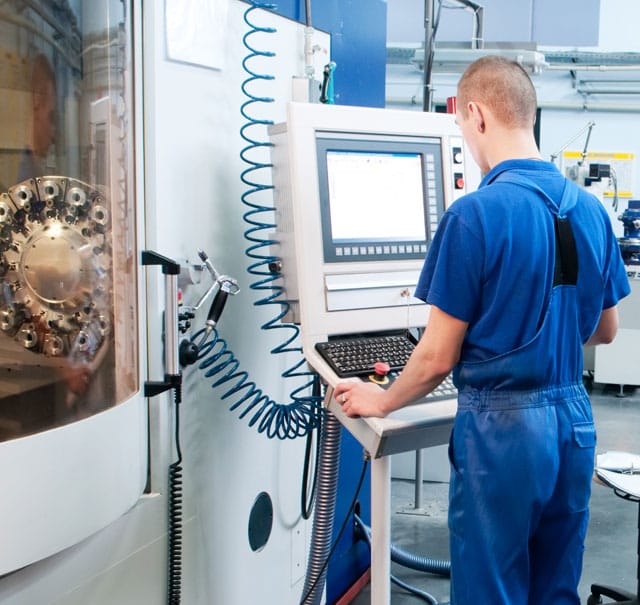Manufacturers under Pressure due to Bottlenecks in Supply!
According to a survey by the Leibniz Institute for Economic Research (ifo), the number of companies affected by material shortages rose from 45 to nearly 64 percent between April and July 2021.
Fewer components have been manufactured and raw materials depleted due to the corona pandemic, and trade conflicts and supply chain disruptions are also exacerbating shortages. Manufacturers are unable to maintain just-in-time production. The steadily improving order situation since the beginning of 2021, with an increase of more than ten percent, cannot be fully utilized by manufacturing companies.

The Meishan terminal at the port of Ningbo-Zhoushan has been closed due to corona. 20 percent of the loading capacity is shut down. The result: Ships are jammed.
Disruptions to Maritime Trade Routes Exacerbate Material Shortages
Three major crises have disrupted maritime trade routes in the past six months, significantly impacting the supply chain. In March, the Ever Given container ship blocked the Suez Canal for a total of six days. As a result, ships were jammed. For weeks, the fourth largest container port in China, Yantian, was closed due to corona. Only 40 percent of the usual container volumes (TEU) were handled.
At the world's third largest port, Ningbo-Zhoushan in China, the Meishan terminal was also closed following a positive coronal test from a dock worker. 20 percent of the loading capacity is currently shut down. The Ningbo and Yantian ports are known as transshipment hubs for technology and electronic goods, as well as raw materials such as ores, metals and oil. The reduced operations are slowing the movement of these goods. The shortage of materials in industry is further exacerbated.

Prices for raw materials and intermediate products have increased significantly in 2021. The price increases for plastics such as PA 6 and PA 6.6 are particularly hard on the automotive sector. Photo: 12.49 / Adobe Stock
Price Increases for Intermediate Products Hit Automotive Industry Hard
Automotive manufacturers and their suppliers (83.4 percent) and electrical equipment manufacturers (84.4 percent) are particularly affected by global semiconductor and material shortages. Furthermore, 72.2 percent of electronics manufacturers and 70.2 percent of mechanical engineering companies are affected by the shortage of materials. Overall, wholesale prices have increased by 11.3 percent compared to 2020, according to the German Federal Statistical Office.
Particularly high increases were recorded in the ore and metal sector (+59.2 percent) and in plastics. The front-runner is the price of the plastic S-PVC, which increased by 61 percent, according to Recyclingmagazin. Three-digit price increases are expected for PA 6 and PA 6.6, which are important materials for the automotive industry. Prices for raw materials and intermediates rose 1.1 percent month-on-month in July 2021.
Shortage of Materials Forces a Shift in Mindset in the Supply Chain
Affected manufacturers are being forced to reorganize their production and supply chains, according to Klaus Wohlrabe, a researcher at the ifo Institute: "At present, manufacturers are still meeting demand from their stocks of finished goods. But these are now also visibly depleting."
One possible response to the disruptions in the global supply chain is to move away from just-in-time production and build up expanded warehouse capacities. Building new production capacity is another goal. According to a survey by the industry magazine, Kunststoff Information, manufacturers plan to use more recycled precursors in the future or "create production capacity in Europe in the short term" to prevent further supply chain disruptions.

Bosch's new semiconductor plant near Dresden was officially opened on July 7th, 2021. Semiconductors for the automotive industry will be manufactured there. Photo: Bosch
Semiconductor Cluster "Silicon Saxony" to be Further Expanded
In semiconductor manufacturing, production capacity expansions are already in full swing: Bosch opened its new semiconductor plant in Dresden six months ahead of schedule to counteract the semiconductor shortage. Manufacturers Globalfoundries and Infineon are also expanding production in what is known as "Silicon Saxony," Europe's largest semiconductor manufacturing cluster and the fifth largest in the world. The association bearing the same name networks stakeholders in semiconductor manufacturing in the region.
"Silicon Saxony" Managing Director Frank Bösenberg explains the background of the global semiconductor shortage and the complexity of semiconductor manufacturing in the tech article "Global Semiconductor Shortage".



















